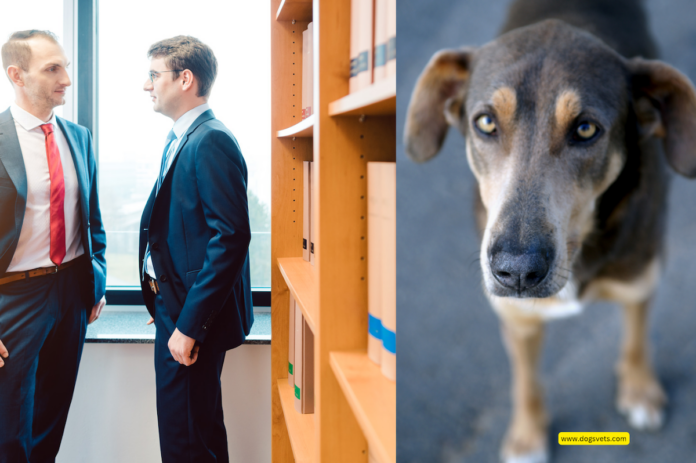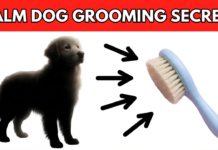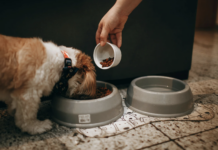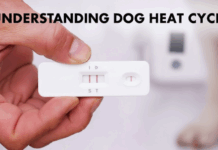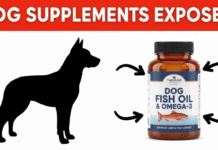Last Updated on September 21, 2024 by Dogs Vets
Living with a dog in Atlanta brings both delightful moments and a set of responsibilities. While dogs are often cherished as members of the family, it’s crucial for owners to grasp the legal ramifications that may arise if their pet is involved in an incident, especially in cases involving provocation or trespassing. These factors can significantly impact liability and the outcome of any legal claims, particularly in situations where individuals suffer severe injuries from dog bites.
Understanding how provocation and trespassing are interpreted under Georgia law is essential for dog owners to safeguard themselves and their pets from legal complications.
Understanding Provocation in Dog Bite Cases
Provocation plays a key role in determining liability in dog bite cases. Under Georgia law, if a person provokes a dog and is subsequently bitten or attacked, the dog’s owner may not be held liable for the injuries sustained. Provocation can include a range of actions, such as teasing, hitting, or threatening the dog. Even seemingly harmless behaviors, like attempting to pet a dog that is eating or caring for its puppies, can be considered provocation if they result in aggressive behavior.
Dog owners need to be vigilant about what might constitute provocation and should educate others, especially children, on how to interact safely with their pets. Setting clear boundaries and recognizing situations that may lead to provocation are essential to preventing incidents and potential legal issues.
Trespassing and Dog Owner Liability
Trespassing is another critical element that can affect a dog owner’s liability. In Georgia, dog owners are generally not liable for injuries caused by their dogs if the injured person was trespassing on the owner’s property. Trespassing is defined as entering another person’s property without permission or legal right. If a person enters a property uninvited and is bitten by a dog, the owner may have a strong defense against liability claims.
However, exceptions to this rule exist. For example, if the property is not properly marked with warning signs about the presence of a dog, or if the dog was previously known to be aggressive, the owner could still be held liable, even if the injured person was trespassing. To avoid legal complications related to trespassing, dog owners should take precautions, such as posting clear warning signs and securing their property effectively.
Legal Definitions and Their Implications for Dog Owners
Both provocation and trespassing are legally defined terms with specific implications for dog owners. Provocation generally refers to an intentional act that would reasonably cause a dog to become defensive or aggressive. Trespassing involves unauthorized entry onto private property where the person has no legal right.
For dog owners, the circumstances surrounding an incident are crucial. Liability may arise if a dog bites someone who was not provoking it and was legally on the property. Conversely, the owner may have a valid defense if the person was provoking the dog or trespassing.
Preventing Serious Injuries from Dog Bites
Dog owners must recognize the potential serious injuries from dog bites, even in cases involving provocation or trespassing. Injuries such as deep lacerations, nerve damage, or disfigurement can have severe physical and emotional consequences for victims. These injuries often require extensive medical treatment, including surgery and rehabilitation, and can incur significant financial costs.
To minimize the risk of their dogs causing harm, owners should focus on proper training, supervision, and securely confining their pets within the property. Ensuring that dogs are well-socialized and comfortable in different situations can help reduce the likelihood of aggressive responses. Proactively preventing incidents is essential to protecting the dog and the owner from the legal and financial repercussions of serious dog bite injuries.
Marking Property Boundaries to Prevent Trespassing
Marking property boundaries is crucial for dog owners to prevent potential trespassing incidents. Erecting fences, placing “No Trespassing” signs, and ensuring that locked gates are effective measures to deter unauthorized entry. For properties with dogs, adding additional warnings, such as “Beware of Dog” signs, can alert visitors to the presence of a dog on the premises and further reduce the risk of liability.
These precautions protect the dog owner from liability and serve as a warning to potential trespassers. Demonstrating that reasonable steps were taken to prevent unauthorized entry can strengthen a legal defense in case of a trespassing incident.
Responding to an Incident: Steps for Dog Owners
When a dog is involved in an incident, especially where provocation or trespassing may be a factor, dog owners must act swiftly and responsibly to manage the situation and protect their rights. The following steps outline the essential actions dog owners should take:
-
Ensure safety and provide medical assistance: Prioritize the safety of everyone involved and offer immediate medical attention if needed.
-
Document the incident: Gather all relevant information, including evidence of provocation or trespassing, to support a defense.
-
Report to authorities and insurance provider: As soon as possible, notify local animal control authorities and your insurance provider about the incident.
-
Consult with a specialized attorney: Seek legal advice from an attorney experienced in dog bite cases to understand your rights and the best course of action.
-
Cooperate with investigations: Be prepared to cooperate fully with any investigations by authorities or insurance companies.
-
Follow legal advice: Adhere to the guidance provided by your attorney to navigate any potential legal proceedings effectively.
-
Take preventive measures: Implement safety measures to prevent future incidents, such as securing your property and ensuring your dog is properly trained and controlled.
Educating Guests and Visitors on Safe Dog Interaction
Ensuring that guests and visitors understand how to safely interact with a dog is another critical step in preventing incidents related to provocation or trespassing. Many dog bites occur when individuals unknowingly engage in behaviors that make the dog feel threatened or uncomfortable. Simple actions, like approaching the dog too quickly, petting it while it’s eating, or engaging in rough play, can lead to defensive or aggressive reactions from the animal. Educating guests, particularly children, on how to approach and interact with dogs can help avoid situations where provocation might occur.
Owners should establish clear guidelines for visitors, especially in social settings where there is increased interaction with the dog. Informing guests about the dog’s temperament, setting boundaries, and supervising interactions are important steps in maintaining a safe environment. Proper education and supervision reduce the risk of incidents and protect visitors and dogs from potentially harmful situations while preventing any legal issues that could arise from a misunderstanding.
